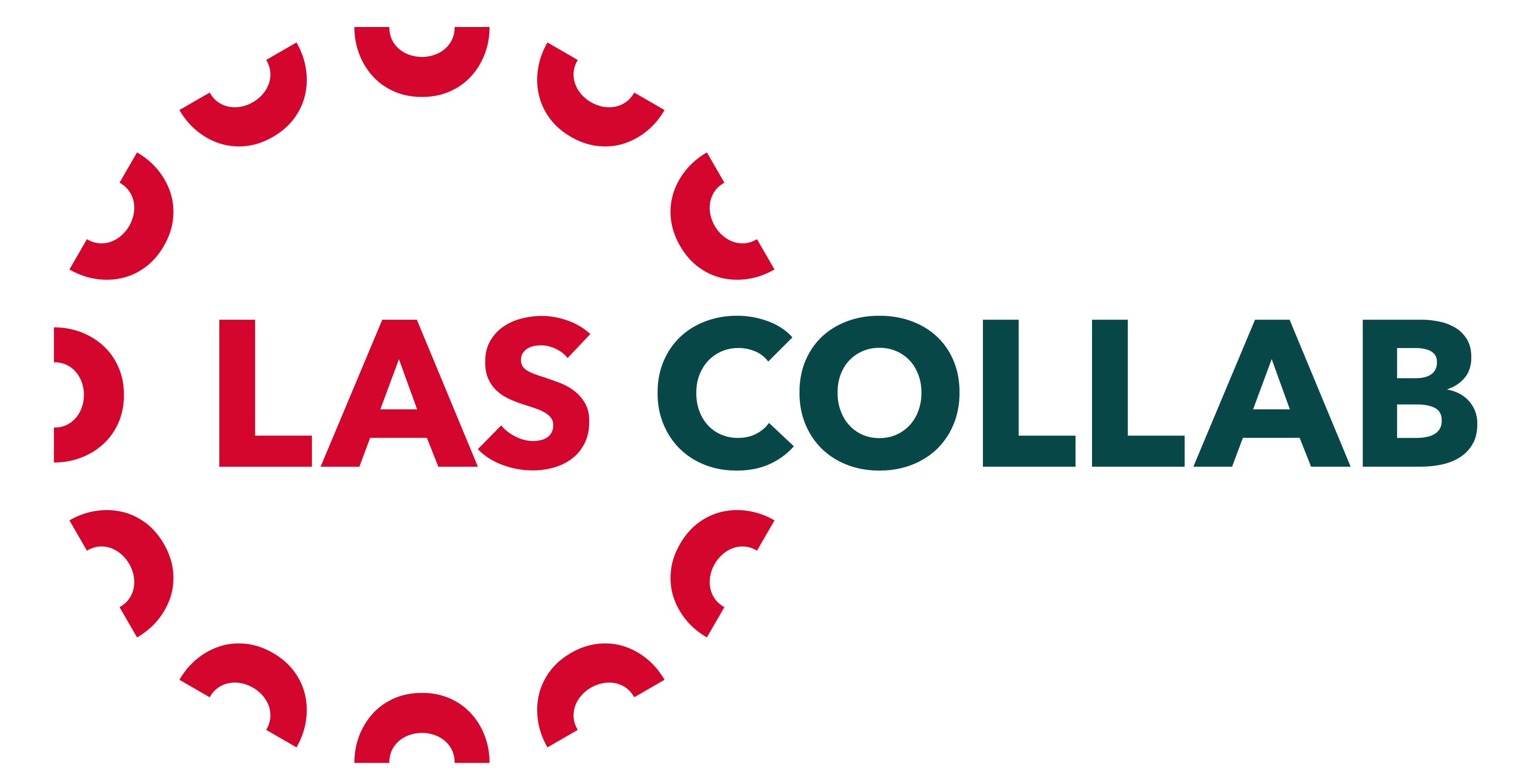Why Multi-Chain Wallets Are Game-Changers for DeFi Security
Ever felt like juggling keys and approvals across different blockchains is a full-time job? Yeah, me too. At first, I thought managing tokens on multiple chains was just about convenience. But dig a little deeper, and it’s really a matter of security—and, frankly, sanity.
Here’s the thing: the DeFi landscape is sprawling. Ethereum, Binance Smart Chain, Polygon, Avalanche—you name it. Each chain has its quirks, and switching wallets or networks constantly? Ugh, a headache. But what if there was a slick way to handle them all in one place?
Well, that’s where multi-chain wallets step in. They’re like the Swiss Army knives of crypto management, letting you hop between ecosystems without the usual friction. But more importantly, they offer smarter security features that matter, especially when you’re dealing with token approvals everywhere.
Whoa! Token approvals—now that’s a rabbit hole. You approve a contract to spend your tokens, but often you don’t check or revoke those permissions afterward. It’s like giving someone a spare key and forgetting to change the locks later. Risky, right? My gut tells me a lot of folks overlook this, which is a big no-no in DeFi security.
Initially, I thought any wallet with approval management would do. Actually, wait—let me rephrase that—I realized not all wallets let you manage approvals effectively across multiple chains. Some only show approvals on one chain, making it tricky to spot vulnerabilities scattered everywhere.
Okay, so check this out—there’s a wallet extension I’ve been testing called rabby wallet. It’s designed specifically for multi-chain users who want advanced control over their token approvals and security settings. Yeah, it’s a browser plugin, but it feels more like a command center.
Here’s why it stood out: rabby wallet gives you granular views of all your token approvals across different networks. You can revoke or adjust permissions on the fly without hopping between chains or using several tools. That’s a huge time-saver and a security booster.
On one hand, you want the convenience of one wallet to rule them all. Though actually, convenience without security is a trap. Rabby wallet nails both by combining multi-chain support with intuitive token approval management, which most wallets kinda gloss over.
Hmm… something felt off about other wallets I tried—they either clutter the UI with too many options or hide approvals deep in menus. Rabby’s approach is cleaner. Plus, it warns you about risky approvals, like unlimited token allowances, which can be exploited by malicious contracts.
Now, let me tell you a quick story. I once missed revoking a token approval on a lesser-known chain. Next thing I know, some shady contract drained my tokens. Ouch. If only I had a tool that consolidated all approvals in one place, I’d have caught it sooner. That experience made me really appreciate what rabby wallet offers.

Token approval management isn’t just about revoking permissions; it’s about being proactive. Rabby wallet’s dashboard shows you exactly what you’ve approved and flags potential security issues. It’s like having a personal crypto watchdog.
And because it’s multi-chain, you don’t miss approvals lurking in side networks. This is crucial because DeFi exploits often happen by targeting neglected chains where users assume “no one’s paying attention.”
Seriously? Exactly. That “no one’s paying attention” mindset is dangerous. But the complexity is real—sometimes you have dozens of approvals scattered across chains. Managing them manually is a nightmare.
Why Multi-Chain Support Matters More Than Ever
DeFi is moving fast. New chains pop up, and liquidity flows everywhere. Wallets stuck on Ethereum-only setups are already feeling outdated. Plus, cross-chain bridges and aggregators mean your assets are everywhere. If your wallet doesn’t reflect that reality, you’re flying blind security-wise.
My instinct says that multi-chain wallets like rabby wallet will become standard, not just optional. Because they let you see the whole picture, you can make smarter decisions about where and how you approve token spending.
Oh, and by the way, rabby wallet integrates well with popular DeFi protocols, so you don’t have to switch context constantly. This seamless experience means you’re less likely to make mistakes like accidentally approving a scam contract.
Of course, no wallet is a silver bullet. You still need to do your homework. But having a tool that aggregates, monitors, and simplifies management makes a world of difference.
Here’s what bugs me about some wallets: they give you a false sense of security by hiding the messy details. Rabby wallet’s transparency is refreshing—it puts control firmly in your hands.
So yeah, if you’re serious about DeFi security and multi-chain usage, exploring wallets with advanced token approval management is a must. I’m not 100% sure it solves every problem, but it’s a huge step in the right direction.
Anyway, this stuff keeps evolving, and I’m watching closely. For now, I’m sticking with tools that respect the complexity of multi-chain DeFi and don’t make me jump through hoops just to stay safe.
Frequently Asked Questions
What is token approval management, and why does it matter?
Token approval management lets you control which smart contracts can spend your tokens. If you give unlimited approval and don’t revoke it, malicious contracts could drain your funds. Managing approvals is key to keeping your assets safe.
How does a multi-chain wallet improve security?
By aggregating your token approvals and balances across different blockchains, a multi-chain wallet lets you spot and fix vulnerabilities that might be hidden if you only look at one network at a time.
Is rabby wallet suitable for beginners?
While rabby wallet offers advanced features, its intuitive interface makes it approachable for users who want better control without getting overwhelmed by complexity.
